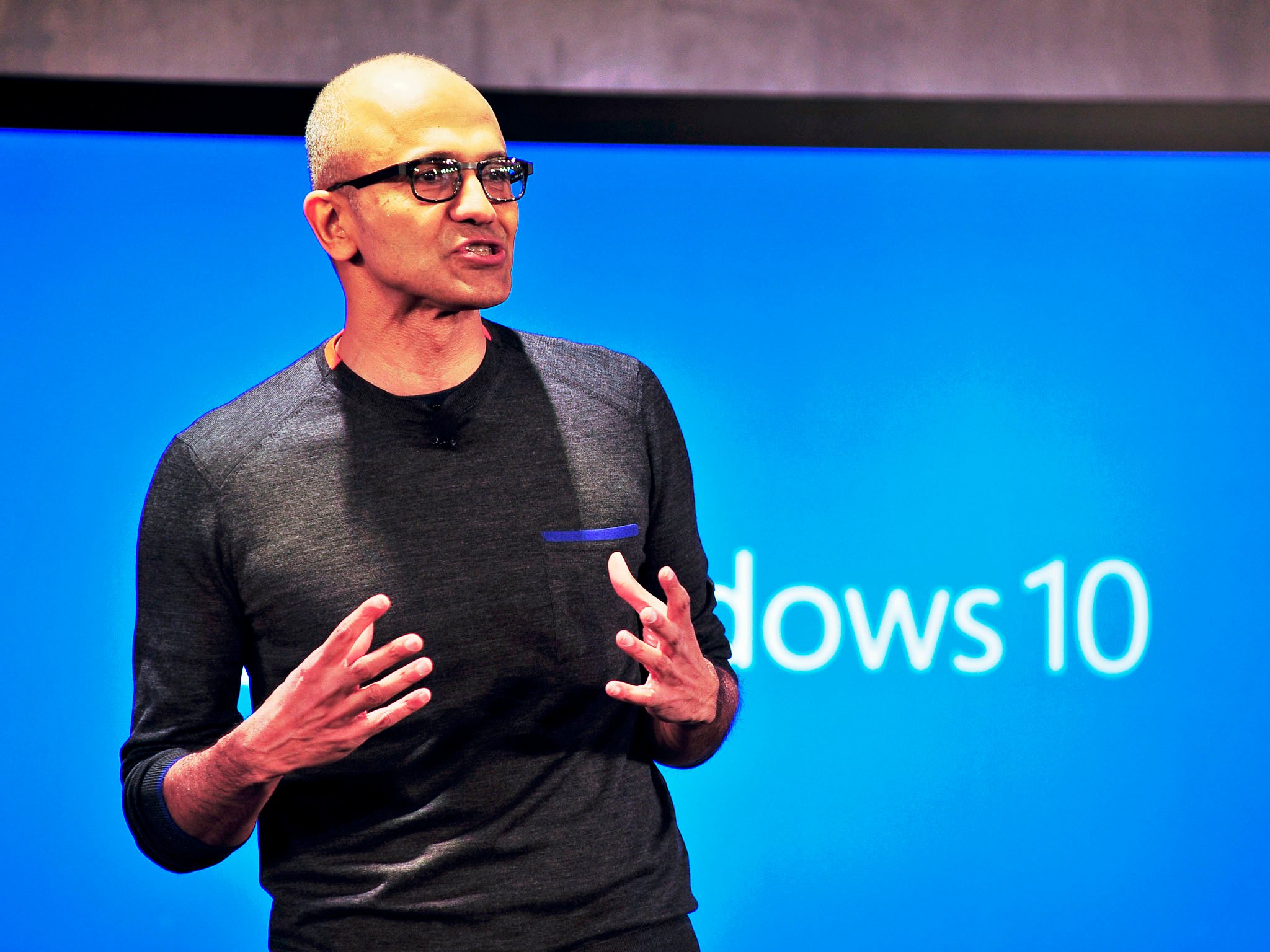Microsoft CEO says bosses are scared that you slack off while working from home
Slack off? More like can't escape work when working from home.

What you need to know
- Remote work has grown popular following global lockdowns from the Covid-19 pandemic.
- There's a debate among workers and their employees over how much working from home impacts productivity.
- Many studies suggest working from home increases productivity, but Microsoft CEO Satya Nadella says many bosses are not convinced.
Working from home is perhaps the greatest thing that ever happened to me. No longer do I have to eat into my earnings coughing up dough for increasingly expensive public transport, no longer do I have to reduce my leisure time with massive commutes, no LONGER do I need to wear pants during meetings. No longer do I actually get a break from emails, meetings, Slack messages, and beyond ... oh, well. I digress.
Following on from the darkest days of the Covid-19 pandemic, a major culture shift has occurred with regards to office work. Thanks to the rise of internet infrastructure and cloud-based services, increasingly it makes little sense for many roles to be performed on-site, although the debate rages on about whether or not it leads to increased, or decreased productivity.
In a recent report into shifting workplace attitudes, Microsoft CEO Satya Nadella made some comments about why some bosses are sceptical of work-from-home culture, and also why they're wrong to be.
"We have to get past what we describe as 'productivity paranoia', because all of the data we have that shows that 80% plus of the individual people feel they're very productive - except their management thinks that they're not productive. That means there is a real disconnect in terms of the expectations and what they feel."
Nadella is referring to a major survey across its organization about working from home. 87% of Microsoft employees feel as though they are more productive while working from home, whereas 80% of Microsoft's managerial layer thinks workers are less productive. Nadella also noted that before the pandemic, only 2% of the vacancies on LinkedIn included remote working, but since the pandemic, that amount has jumped to 20%.
Companies like Tesla, Google, and Apple have been aggressive in trying to get its office population back into the office. There have been reports that companies like Apple could in fact lose out on major talent, owing to its stance on forcing its engineers and developers back into office cubicles.
Microsoft's data suggests that workers in the so-called "Gen-Z" bracket are the most likely to switch jobs, with 90% of Gen-Z employees connected to LinkedIn switching roles in some form across the duration of the pandemic. Microsoft is exploring new products to meet the expectations of younger workers, who are increasingly moving from education into full time employment as the years march on. One such product is the above Microsoft Viva, which is essentially yet another work-oriented social network joining Microsoft's other products like LinkedIn, and Yammer, albeit with a potentially more modernized twist.
Get the Windows Central Newsletter
All the latest news, reviews, and guides for Windows and Xbox diehards.
Microsoft's current work from home policy allows for up to 50% of employee time to be spent working remotely, with more than 50% becoming subject to managerial approval.

Jez Corden is the Executive Editor at Windows Central, focusing primarily on all things Xbox and gaming. Jez is known for breaking exclusive news and analysis as relates to the Microsoft ecosystem while being powered by tea. Follow on Twitter (X) and Threads, and listen to his XB2 Podcast, all about, you guessed it, Xbox!
